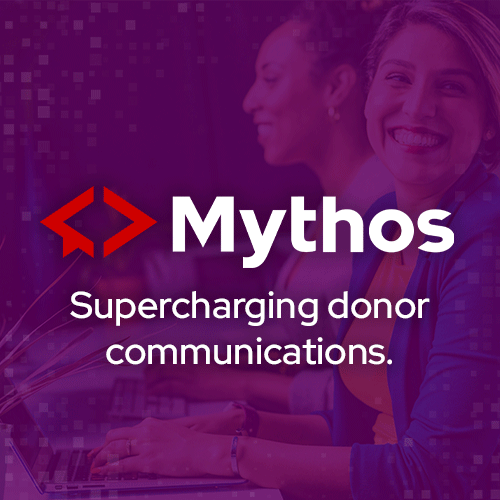- About
- Membership
- Resources
- Partner
- Events
- Awards & Scholarships

The Power of Personalization: What's in a Name and Other Lessons I have LearnedMy name is Amelia, but my personality screams Amy. Those who know me would not argue. Though I long to be Amelia (I think of her as tall and slim and elegant), if my husband were to address me as Amelia, I would be peeved and a little alarmed. “After all this time, don’t you know who I am?” I expect the same from my alma mater and my favorite charitable organizations. In donor relations, it is our job to know our constituents: from the non-donor to the $50 million dollar benefactor. The first step is learning how they prefer to be addressed, not only the spelling of their name (JoAnn vs. Joanne), but, nicknames (could that Richard really be a Dick?). Is the spouse included in acknowledgements, is a title (Dr., the Honorable, president, trustee, Cmr.) important in their salutation? A former colleague referred to donor relations as the “icing on the cake;” securing the gift, of course, was the cake. I would argue that we are the icing and, the butter in the pan! Personalization is key from the beginning of the solicitation cycle through to the end. Personal preferences in nomenclature and affiliations must be ascertained and recorded in our database. This is a monumental task, but it is vital to our work. The LGBTQ community is presenting new challenges. We owe it to our constituents to get it right and to stay ahead of the curve. But, I digress. A personal approach brings the constituent closer to the institution. It all begins with getting the name right; because if you don’t get that right, you will never get their attention. Here is just one example from my professional journey. When I first started in the field, I would review each gift acknowledgment signed by my VP. I would write something on the receipt of everyone who gave less than $100; nothing elaborate, just two short sentences of gratitude—knowing that in our small shop, they were not going to get the personalized attention that higher level donors received. I wrote on the receipt of a modest loyal donor, who I did not know personally. Her acknowledgment read “Dear Mrs. Smith.” I put a line through the Mrs. Smith and wrote her first name in ink; figuring that if I was writing a personal note of thanks, I should call her by her first name. The next month, we received a second gift from this donor, so again I scrawled a few lines about her continued generosity and sent off the acknowledgment. The following month, we received a third gift! This time, I picked up the phone and asked “What gives?” She said she was touched that someone had personally recognized her as a donor to an institution that meant so much to her. She knew her gift was modest, but because someone took the time to change the salutation and to handwrite a note, she felt we cared about her and recognized her contribution and she wanted to “reward” us for that effort. She knew she was no longer just “Mrs. Smith” in our eyes. I am sure you can write the end of this story. Yes, Mrs. Smith went from being a $75/year donor to becoming a $1,000+/year donor. (Name was changed to protect the innocent, but it is a true story.) Make the effort. It is worth it, for your own professional and personal fulfillment. Don’t we all want to know that someone cares? Amelia Harrison  Back to the June 2017 Hub Back to the June 2017 Hub |

